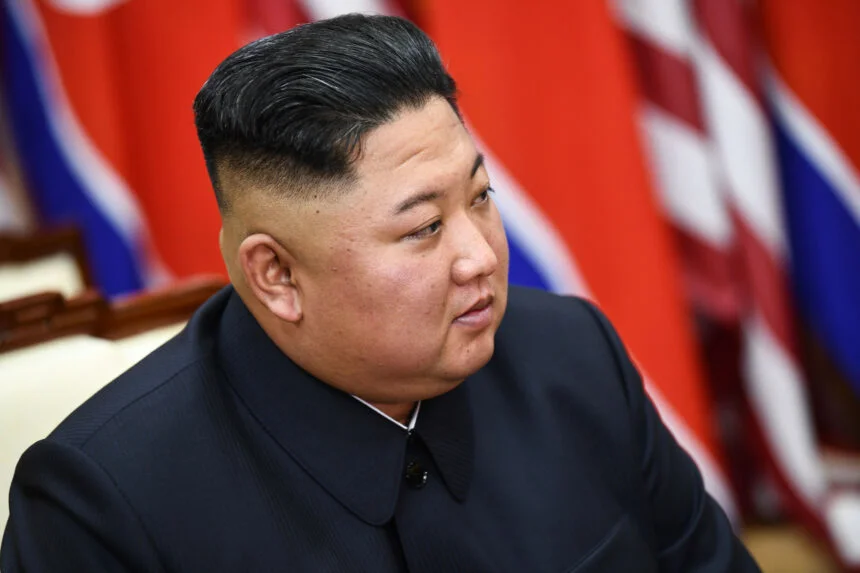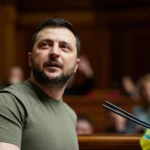A senior US white house official said that the US thinks China and Russia have the influence they may use to convince North Korea not to continue nuclear bomb testing.
Under the condition of anonymity, the official told the media that although the US has claimed since May that North Korea was getting ready to resume nuclear testing for the first time since 2017, it was unclear when it may actually carry one out.
The United Nations’ nuclear inspector said last week that Pyongyang had been preparing for a test, and South Korea has been predicting a seventh nuclear test for months.
“We have a high level of confidence that they have made preparations,” the US representative told the media. “We believe that they could do this … I can’t tell you ‘we think it will be this day for the following reasons,’ because we just don’t have that level of knowledge.”
Washington urged China and Russia to exert as much pressure on Pyongyang as they could.
“We do think that they (North Korea) are making calculations about the degree of receptivity for others in the region, I think, particularly Russia and China. And I think that the Russian and Chinese attitudes do have influence with them.”
Since North Korea has been launching a number of missiles, including an intercontinental ballistic missile (ICBM) that South Korea and Japan intercepted on Thursday, the US has requested a community meeting of the UN Security Council, where Russia and China are two of the five permanent members with veto power.
Sanctions imposed by the Security Council, which have been reinforced over time to try and cut off financing for North Korea’s weapons programmes, prohibit nuclear testing and ballistic missile launches.
However, the 15-member body’s deepening divisions, which were worsened by Russia’s invasion of Ukraine on February 24, have damaged the agreement on how to handle North Korea. After supporting stricter measures in 2017, Russia and China opposed a US-led push to impose more UN sanctions on Pyongyang for its repeated ballistic missile testing in May.
The closest friend of Pyongyang, China, just ended its Communist Party Congress, a once-every-five-years gathering, which the US official suggested may have caused Pyongyang to postpone its resume of nuclear testing. He suggested that the COVID-19 outbreak in North Korea may have also slowed down military progress, causing the nation to become “more focused on ways in which they could get support from particularly China.”
“China and Russia have long been on the record as opposing the DPRK nuclear programme,” the representative stated. “So … it’s our belief, and certainly it is our expectation, that they will use the influence that they have to try and get the DPRK not to conduct a nuclear test.”
The official reiterated demands for the US and North Korea to resume their negotiations, which broke down over the lifting of sanctions in 2019, and said that Washington was ready to speak with Pyongyang directly and discuss humanitarian supplies.
This year, North Korea launched a record amount of weapons, and this week’s tests were done in the midst of continuous, extensive military drills between the US and South Korea, which Pyongyang alleges are hostile and a “provocation.”
The ICBM was one of three ballistic missiles launched on Thursday, one day after it fired at least 20 missiles, a record-breaking number for a single day, including one that made its first-ever landing off the coast of South Korea.
In retaliation, Seoul sent fighter jets to launch air-to-ground missiles into the waters near its maritime boundary.
North Korea’s ICBM test prompted the US and South Korea to announce on Thursday that they were extending the so-called Vigilant Storm drills, a move that Pyongyang deemed “extremely dangerous.”












